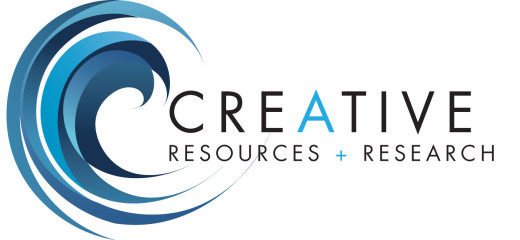How Programs Can Be Classified As Evidence-Based
Evidence-based programs and practices are interventions that have been rigorously evaluated and proven to produce desirable outcomes. They represent reliable and effective solutions backed by scientific evidence. However, it is important to understand the criteria that these programs must meet before being termed as evidence-based.
The process of identifying an intervention as evidence-based varies across different clearinghouses. This can make it challenging to compare the ratings of these programs across different clearinghouses, there are some general standards that apply to most of them.
The following are some examples of general steps that a program or practice needs to go through to be classified as evidence-based. While not all clearinghouses require all of them, they represent generally accepted standards.
1. Conducting research:
The intervention needs to have undergone rigorous research, generally randomized controlled trials, to prove that it is reliable and produces desirable outcomes.
2. Publishing results:
The results of the research conducted on the intervention must be published in a reputable, peer-reviewed journal.
3. Replication:
The intervention must have been replicated multiple times to ensure its effectiveness across different populations and settings.
4. Positive outcomes:
The intervention must have produced positive outcomes that are both clinically and statistically significant.
5. Independent evaluation:
The intervention must be evaluated by an independent third-party organization that looks at the evidence objectively.
Here are some of the differences that exist between how different clearinghouses evaluate and rate programs and practices:
1. The What Works Clearinghouse (WWC):
The WWC rates programs based on the strength of evidence they provide. The clearinghouse rates programs as either effective, potentially effective, or not effective. These categories are determined based on the type and rigor of the study designs used.
2. Blueprints for Healthy Youth Development:
Blueprints use a lengthy and rigorous process to identify programs, including positive outcomes, independent replication, and an easy-to-implement plan, among other criteria. This rating relies on the efficacy of the program, the quality of the program’s evidence base, and the social impact of the intervention.
3. CrimeSolutions.gov
Crime Solutions rates programs as Effective, Promising or No Effects, and ratings are “ratings are assigned from standardized reviews of rigorous evaluations and meta-analyses.”
In conclusion
The process of identifying an intervention as evidence-based is long and complex. Different clearinghouses or organizations use different criteria to evaluate programs and, as such, their ratings usually vary. As a grant writer, it is crucial to choose a clearinghouse that aligns with your project’s needs to guide decision-making. Ultimately, choosing evidence-based programs and practices can improve outcomes and reduce costs.


